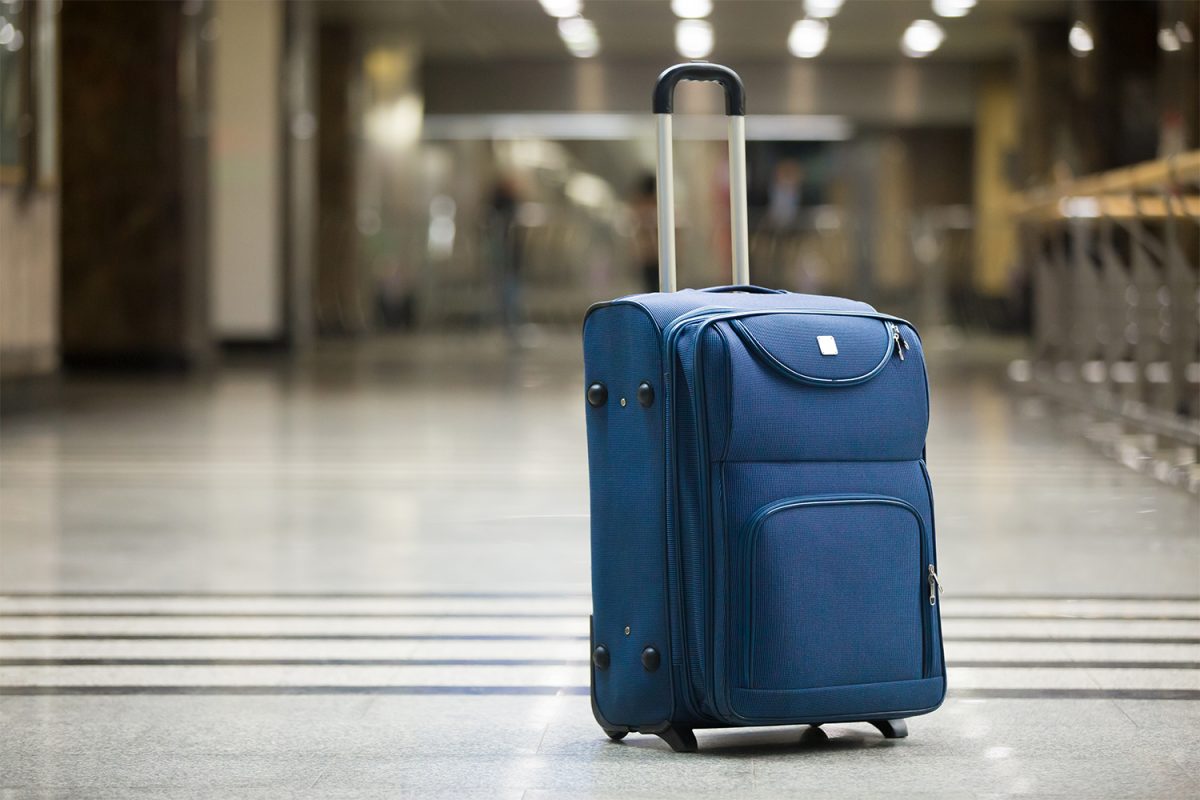It’s Friday, and students are flooding the streets and bars, ready to destress after a long week. Yet, countless others are packing their bags and loading them into cars, preparing to head home.
The University of Iowa has often earned a reputation among students as a “suitcase school.” In other words, a significant portion of the student body goes home on the weekends, creating a unique campus dynamic that contrasts with the traditional college experience.
Frequent trips home can inadvertently lessen independence. Learning to live alone and not depend on parents is one of the main life lessons of college.
As the largest university in the state, with a relatively low in-state tuition of $11,283, the UI attracts more residents than non-residents. A 2017 geographical profile detailed that most new students came from either Iowa or Illinois, with 19,200 and 6,117 students, respectively. With a total student body of over 32,000 in 2024, the number of Iowa residents at the UI has surely increased.
This proximity to home often leads students, especially freshmen, back to their families. For many, this is their first time living away from the comfort of home. Whether it’s maintaining a schedule, finding food and resources, or coping with homesickness, freshmen often struggle to manage their new responsibilities.
College is traditionally seen as a step toward personal growth and self-sufficiency. Students are encouraged to form new friendships and develop a sense of autonomy away from parental guidance.
At the UI, new students learn to navigate bus routes, find places to eat, and take care of their dorm or apartment. But for many kids, it’s easy to escape these pressures by taking routine trips home.
First-year Karen Liu graduated from Iowa City West High School, just a four-minute drive from the UI campus. Many of her high school classmates also attend the university, creating a sense of continuity that reinforces the “suitcase” culture.
As an in-state resident myself, I’m not burdened by the frustration and planning that comes with visiting family. I live only an hour away, and my older sister, a second-year at the UI, has a car. If I want to go home for the weekend, I can ask my parents or my sister to drive me. On top of that, my parents expect us to come home whenever possible.
I’m not saying spending time with family isn’t important. Students can visit home as often as they’d like. However, when those visits don’t meet family expectations, especially amid a changing parent-child dynamic, conflict can arise. Parents may feel hurt or abandoned when their children choose to stay at school, while students might struggle with guilt from not being home.
This dynamic raises questions about how frequent home visits impact student development. For some, the ease of a quick trip home might lead to a reluctance to fully engage with campus life, making it easier to avoid challenges that foster growth and resilience.
Resilience is built through experience. Students who confront setbacks — whether academic failures, social rejections, or the difficulties of living alone — often emerge stronger and more self-reliant. While parental emotional support is important, self-sufficiency is critical for academic and social resilience.
Eliot Hazeltine, UI professor of psychology and brain sciences, detected these changes in college students and speculated COVID-19 as a cause. He said distance from others and the introduction of artificial intelligence decreased interactions with others. Instead, more kids were at home with their parents.
“For many people in the U.S., ages 15 to 18 are years where individuals spend less and less time around their parents and more time around their cohorts. This was not true for these individuals during the pandemic,” Hazeltine said.
With this reliance already established, incoming college students may not know how to distance themselves from their parents.
During these formative college years, we must prioritize our own education, both academic and personal. Growth begins at the end of comfort, especially for freshmen who are just learning to be independent.



